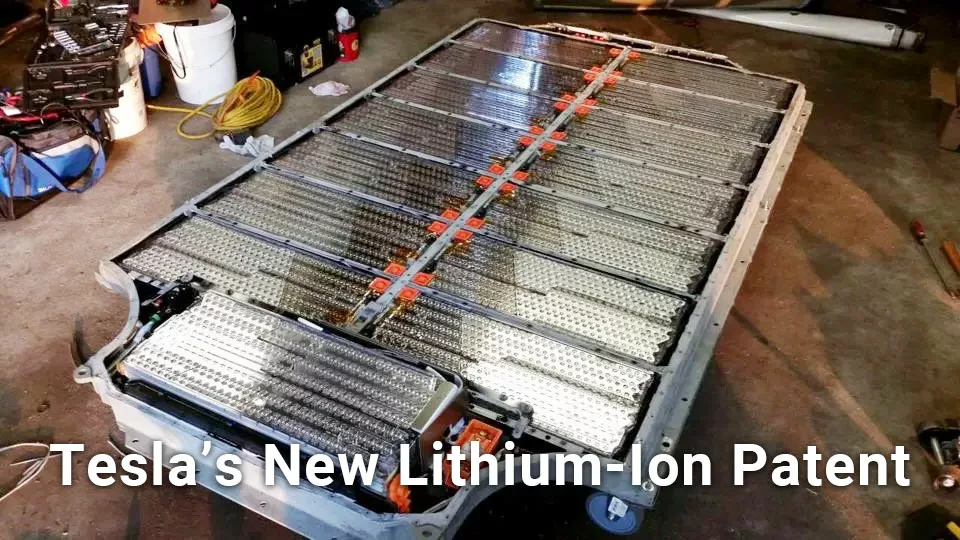Yes, Tesla batteries are engineered to last around 10 years or more under normal usage conditions. Factors such as charging habits and environmental conditions can influence their lifespan.
Exploring the Longevity of Tesla Batteries: Unveiling the Truth Behind their Durability. Tesla’s sleek design and cutting-edge technology have redefined electric vehicles. But do their batteries truly stand the test of time? In this post, we’ll delve into the science behind Tesla’s battery tech and real stories from owners who’ve tested their limits. Join us as we uncover whether a Tesla battery can truly last a decade or more!

The technology behind Tesla batteries
Tesla’s batteries represent a pinnacle of innovation in energy storage technology, leveraging lithium-ion cells and cutting-edge engineering for exceptional performance and longevity.
- Lithium-Ion Cell Components: Tesla batteries consist of three core components: the anode (graphite material that holds and releases lithium ions during charging and discharging), and the cathode (comprising materials like NCA or NMC for heightened energy density).
- Advanced Cooling and Management System: The key distinguishing factor is Tesla’s sophisticated cooling system, maintaining optimal battery temperature to extend lifespan. Their Battery Management System monitors individual cells for safe and efficient operation, while software updates optimize charging patterns based on usage and environmental factors.
- Future Innovations: Tesla’s heavy investment in R&D aims to enhance energy density and lower costs. Their focus includes solid-state batteries and new electrode materials, promising significant advancements in efficiency and durability for future battery iterations.
Factors that affect battery lifespan
- Charging Cycles: The frequency of charging and discharging cycles significantly impacts battery wear and tear. More cycles lead to increased degradation over time.
- Temperature Conditions: Extreme temperatures, whether hot or cold, can gradually degrade battery performance. Parking in shade or using climate control in severe weather helps maintain battery health.
- Driving Habits: Aggressive driving behaviors like rapid acceleration and hard braking add stress to the battery pack, potentially shortening its lifespan.
- Maintenance and Updates: Regular maintenance and software updates are crucial for maximizing battery life. Following service intervals helps address potential issues promptly.
- Technological Advancements: Ongoing advancements in battery technology improve efficiency and durability with each new iteration, contributing to longer battery lifespan.
Taking care of your Tesla battery by minimizing charging cycles, managing temperatures, driving responsibly, maintaining the vehicle, and leveraging technological advancements ensures prolonged battery life for years to come!
Real-life experiences of Tesla owners
Real-life experiences from Tesla owners offer invaluable insights into the longevity of Tesla batteries.
- Consistent Range and Performance: Owners often note the sustained range and performance of their Teslas even after years of varied usage, including daily commutes and road trips.
- Minimal Degradation in Capacity: Compared to traditional car batteries, Tesla batteries showcase notably less capacity degradation over time, allowing owners to retain a significant portion of the original capacity even after several years.
- Reliability and Durability: Owners frequently praise the reliability and durability of Tesla’s battery systems, reporting fewer breakdowns or malfunctions related to the battery itself.
These firsthand accounts suggest that with proper care and maintenance, Tesla batteries can endure well beyond a decade, highlighting the impressive quality and longevity of Tesla’s battery technology.
Tips for extending battery life
Comparing Tesla batteries to traditional car batteries
Comparing Tesla Batteries to Traditional Car Batteries:
- Technology: Traditional car batteries are typically lead-acid based, while Tesla uses advanced lithium-ion technology known for its higher energy density.
- Energy Density and Range: Lithium-ion batteries in Teslas store more energy in a smaller space, enabling longer distances per charge compared to lead-acid batteries in traditional cars.
- Lifespan: Tesla’s lithium-ion battery packs are designed to last significantly longer, potentially surpassing 10 years with proper care, while traditional car batteries average 3-5 years.
- Performance: Tesla’s electric drivetrain delivers instant torque and smooth acceleration, surpassing traditional internal combustion engine vehicles.
- Regenerative Braking: Teslas utilize regenerative braking, recapturing energy while braking or coasting to enhance efficiency and extend range.
- Cost Trends: Advancements in battery tech and manufacturing are expected to lower the cost of lithium-ion batteries, potentially making electric vehicles more affordable in the future.
Tesla’s adoption of advanced lithium-ion technology sets them apart from traditional lead-acid-based systems, showcasing superior performance, longer lifespan, and the potential for more accessible electric vehicles in the future. This innovation paves the way for a greener transportation future without sacrificing performance or longevity.
Future advancements in Tesla battery technology
Future Advancements in Tesla Battery Technology:
- Enhanced Energy Density: Tesla aims to pack more power into smaller spaces, extending driving ranges and potentially reducing costs, making electric vehicles more accessible.
- Fast-Charging Technology: Tesla’s research focuses on drastically reducing charging times, akin to filling a gas tank, enhancing the convenience of owning an electric vehicle.
- Battery Lifespan Improvement: Ongoing advancements target extending battery life further, reducing electronic waste and benefiting individual owners.
- Solid-State Battery Development: Tesla’s exploration of solid-state batteries, with advantages like increased safety and higher energy storage capacity, holds the potential to revolutionize the electric vehicle market.
In conclusion, these forthcoming innovations in Tesla’s battery technology promise notable advancements in energy density, fast-charging capabilities, extended battery lifespan, and potentially revolutionary solid-state battery development. These breakthroughs will propel the electric vehicle industry’s growth and solidify Tesla’s pioneering role within it.


